by Neda Shahiar, Renée Remsberg, and Valeria Gonzalez
The US Department of Education is currently investigating the MVLA district for potential mishandling of a sexual assault report, according to an article published by the San Francisco Chronicle on Feb. 3. In light of this, and the December closing of a Title IX investigation launched against the Palo Alto Unified School District, the Oracle is choosing to highlight the pervasiveness of rape culture within the community for our fourth issue. Oracle defines rape culture as the normalization and trivialization of sexual violence and harassment. This story reports at least seven accounts of students within the district being raped, sexually assaulted, or sexually harassed by other district students, and examines potential district breaches of law with regards to sex education and Title IX.
Consent Q&A
‘Yes means yes’ consent standard in California
*Names have been changed to protect anonymity
SURVIVORS SHARE STORIES
Shannon*, an MVHS senior, described sexual harassment at parties as “a really common thing.”
“It’s something I’ve experienced, and I feel like almost every girl’s experienced,” Shannon* said, “just because it’s acceptable for guys to make inappropriate moves and get mad at you for not reciprocating, and for people to pressure other people into doing things.”
Another senior, Brenda*, confirmed the nature of house party culture. According to Brenda*, local house parties occur every weekend, usually on both Friday and Saturday nights. She said she attends them about every other week, and although marijuana and alcohol are the only substances present at parties she has attended, party-goers sometimes consume other substances beforehand.
Shannon* has had at least three experiences with sexual assault and harassment at house parties during which intoxication was a factor.
“I’ve had more than one guy try and physically force a blow job, like when making out they physically try and force you downwards,” Shannon* said. “I’ve had a guy who wouldn’t use physical force, but they wouldn’t let the idea of sex or blow jobs go.”
Brenda* has also experienced sexual assault while under the influence of alcohol, and both she and Shannon* said they felt accountable afterwards .
“It wasn’t taken as sexual assault to the other person because I think they thought that because I was intoxicated, I was flirty,” Brenda* said. “Obviously, in the morning I really regretted it and felt that it was partially my fault because I drank.”
According to Brenda, instances like the one she experienced, in which girls engage in sexual activities while intoxicated, are common but rarely regarded as sexual assault. Due to the pervasiveness of these instances, Shannon* has felt that her experiences do not warrant complaint.
“You tell yourself it doesn’t matter–this happens to everyone, so you can’t let it affect you,” Shannon* said. “[Those who have experienced sexual assault or harassment] feel like they can’t care about it because people will just be like ‘that happens to everyone, suck it up.’”
While Shannon* and Brenda’s* experiences with sexual assault and harassment have been influenced by alcohol, MVHS students Mary* and Greg* have been assaulted while both they and the perpetrators were sober.
Mary*, a junior, was raped in eighth grade by her then-boyfriend, a sophomore at MVHS at the time. More recently, earlier this year, junior Greg* agreed to hang out at the house of a classmate who he knew was romantically interested in him. As the two were talking, the other boy began to touch Greg* under his pants and became increasingly “aggressive.”
“I told him no, he made a couple of advances, and he kept going further and further,” Greg* said. “After a while, I started feeling less comfortable and more just violated.”
In eighth grade, while Mary* was at her boyfriend’s house with plans to watch a movie, he persistently pressured her to have sex.
“I was telling him ‘No, I’m not ready,’ and he respected it at first, but then the night went on a little bit, and he became more angry. He grabbed me and pulled me into his room and forced me to undress,” Mary* said. “It was so hard for me to physically fight him back because I felt emotionally paralyzed.”
Thara Salim, a senior at LAHS, described a similar feeling of paralysis when she was sexually assaulted. Three years ago, during seventh period, Salim and her perpetrator, both freshmen at the time, were walking through the halls. As they passed the bathroom, he grabbed her and pulled her into the handicapped stall, forcing her up against the wall.
“It went from kissing, to trying to take off my clothes, to putting me on the ground, to dry humping me until he ejaculated,” Salim said. “And then he left, and I was just there in the bathroom on the ground without any clothes on. I guess I could have called for help or something, but I was in shock the entire time.”
AFTER THE ASSAULTS
Neither Mary*, Greg*, Brenda,* nor Shannon* recognized the incidents as sexual assault when they initially occurred. For Mary*, viewing rape storylines in TV shows caused her to realize that she had been raped.
“I keep getting flashbacks of it, and I’m really into cop shows so it hit me, all the different stories they have about rapes, and I was like ‘Oh my gosh, that one sounds just like mine,’” Mary* said. “It was so scary–something I didn’t think was rape, and neither did the girl on the TV show, and I was like ‘Oh my goodness, I was raped.’”
Greg*, Shannon*, and Brenda* also only recognized the gravity of the incidents in retrospect. At the time the incidents occurred, Shannon* said neither she nor the perpetrators considered them to be sexual assault. Looking back, her views, and those of the boys involved, have changed.
“The hook-ups involved intoxication a lot of the time, so you’re not really thinking about it as sexual assault,” Shannon* said. “I don’t think [the perpetrators] considered it to be assault either, but maybe in hindsight, I think they feel guilty and they do consider it to be assault.”
Unlike Greg*, Mary*, Brenda*, and Shannon*, Salim recognized immediately that she had been sexually assaulted, but only chose to report it two years later when she entered a serious relationship. Salim wanted to be able to explain to her boyfriend that because of the lasting impact of her assault, she was not comfortable engaging in certain activities. She also felt that keeping the assault secret was a burden.
Salim reported the incident through her school administration, which she described as “a smooth process.”
“They have been very understanding and continued to help me any way I need,” Salim said.
Shannon*, Greg*, Mary*, and *Brenda did not formally report the assaults, primarily to avoid causing conflict and negatively impacting their families.
“Especially because of my parents’ reputation and their jobs and businesses, if people found out it would just be really bad,” Mary* said. “I didn’t want that to happen to them, so I just kind of kept it to myself and my friends.”
Even three years later, the rape has had a lasting impact on Mary’s* attitude toward men.
“It’s definitely affected me on how I view guys and men in general,” Mary* said. “No matter how nice they are, they could literally twist or snap in a second.”
Since the rape, Mary* has made active efforts to avoid contact with her rapist. Shannon* said she “awkwardly” passes boys in the school hallways who have sexually assaulted or harassed her, and they share a mutual understanding that what happened between them is not to be acknowledged. Salim and Greg* both avoid contact with their perpetrators–Greg* does so informally with the help of his friends, while Salim does so by having LAHS administration create her course schedule specifically so that it does not match her perpetrator’s.
Salim stands by her decision to report the sexual assault to school administration but not pursue it in court, as she felt the legal process would have been lengthy. She encourages other survivors to report incidents to school administration.
“At first I didn’t think that there was anything I could do or anyone else could do to make it better, but I think that every little thing like making sure that our classes aren’t together, things as small as that, make a big difference,” Salim said.
EXAMINING CONSENT EDUCATION
Salim and Greg* expressed similar sentiments of not wanting to permanently damage their perpetrator’s lives by reporting the assault, but both felt their perpetrators should be reformed or educated in some way.
“We all agreed that we didn’t want this issue to stand in the way of my perpetrator’s education and life. [Family and friends] wanted [the incident] to be a turning point for him in realizing what he did, not punishing him for it,” Salim said.
Both of their perpetrators have met with therapists. Salim suggested consent education as a preventative means of minimizing sexual assault and harassment in the future.
“I think there needs to be a lot more talk about consent, especially about affirmative consent,” Salim said.
Effective at the beginning of 2016, Governor Jerry Brown signed Senate Bill 695 into law, requiring health classes to teach the “yes means yes” standard of affirmative consent as a condition of high school graduation. While MVHS’ on-site health class meets California’s legal requirements, only about 60% of students take the course, according to health teacher Heather Boyle. Others opt for alternatives, including an online health course for high school students that is offered by Brigham Young University or a two-week summer program offered through the MVLA Adult School.
BYU is owned and run by the Mormon Church, and their honor code “requires all members of the university community to manifest a strict commitment to the law of chastity,” according to the university website. The university’s health course adheres to Utah state requirements for sex education, which are significantly different from those of California.
Similarly, the health course offered through the MVLA Adult School is not in compliance with SB-695. According to Adult School coordinator Janie Garcia, the course offers information about STDs and pregnancy, yet does not cover affirmative consent.
The curriculum for the course is outsourced from an Arizona-based company called Odysseyware, which, like BYU, is not required to align curriculum with California state requirements. Garcia said that because the Adult School is a division of the district, any changes to their curriculum, including updates to meet state requirements, must be prompted by MVLA’s Educational Services department, which is headed by Associate Superintendent Brigitte Sarraf.
Although affirmative consent education is now a graduation requirement mandated by SB-695, and BYU online health does not teach affirmative consent, Sarraf said the district will continue to offer BYU as a health alternative.
“I don’t see [the option of BYU online health] going away because the district encourages alternatives for students to seek opportunities to meet graduation requirements in an alternative manner,” Sarraf said. “BYU is used as an online provider accessible to students for a wide variety of courses, and we do not feel that it would be fair for us to say that you can take math from BYU, but you can’t take health.”
When asked whether she thinks it is okay to send students off beyond high school with abstinence-only education, Sarraf responded “we are not sending students off, we are just not interested right now in restricting student choice in terms of what they take online and what they take with us.”
According to a law firm consulted by Oracle, “to the extent that curriculum from a religious institution is adopted, the district would have to insure that the curriculum..is in compliance with definitional requirements for teaching the “affirmative consent standard.’” Thus, in order for students to legally receive graduation credit from the BYU or MVLA Adult School courses, the curriculum must align with the mandate of SB-695, which, according to Boyle, it does not.
“I can say confidently that I don’t think BYU online health is in compliance with California state requirements,” Boyle said.
DISTRICT ACCUSED OF TITLE IX VIOLATIONS
Also potentially in discordance with the law is MVLA’s handling of the alleged sexual assault of a student in September 2015. Currently, the Department of Education is investigating whether the district violated Title IX, a federal law prohibiting discrimination based on sex in all school-related functions, encompassing rape and sexual assault and harassment.
Under the law, every school must have at least one Title IX coordinator responsible for the school’s adherence to Title IX. And, schools must inform all students and staff of the name or position and contact information of the coordinator. When asked who the Title IX representative is, Principal David Grissom and Assistant Principal William Blair both said it is Eric Goddard, Associate Superintendent of Human Resources; Sarraf and Superintendent Jeff Harding said Sarraf functions in the position. Sarraf also said that the position is “widely publicized.”
Sarraf is listed as Title IX coordinator on documents linked to the MVLA website. However, Goddard is listed as coordinator in the 2016-17 Directory of Title IX Coordinators of the Santa Clara County School District. Sarraf said she held the coordinator position from 1993 until last December when she retired from her role as associate superintendent in charge of curriculum.
“I’ve retired from my position, and Title IX coordinator is a function of the person who will be hired to replace me,” Sarraf said. “In the meantime, I think Mr. Goddard may be functioning as the Title IX person, but I’m not even sure of that.”
Goddard said he has never served as Title IX coordinator and is unsure of why he is listed under the position in the Santa Clara County directory.
A mandate of Title IX, stated by the Department of Education, is that if a school is aware of “sexual harassment or sexual violence that creates a hostile environment, the school must take immediate action to eliminate the sexual harassment or sexual violence, prevent its recurrence, and address its effects.”
According to Sarraf, only one Title IX complaint arose in her twenty-four years as coordinator. Salim said that throughout the entire process of reporting her sexual assault to LAHS administration, she never interacted with Sarraf, the Title IX coordinator at the time. Salim also said that when she reported her sexual assault, the LAHS principal and a staff member told her it was “not uncommon” and that it was “not the first case like [hers] that they’ve handled.”
Sarraf said that with regards to Title IX, the district has one area for improvement.
“The one thing that we don’t do as well as we should is make sure that all students are aware of the avenues that exist for them to file a complaint,” Sarraf said.
Information about these avenues may be included in future course curriculum, according to Sarraf, along with social media education.
“We’re thinking about possibly incorporating [appropriate use of social media] into freshman curriculum somewhere,” Sarraf said. “We don’t know exactly where yet, and if we did that, we certainly could build the whole notion of harassment–what to do if you’re harassed, how do you resolve it, where do you complain–that could be incorporated in the curriculum as well.”
If this curriculum were to be added, Sarraf said it would probably be taught in a freshman humanities class, but could be included in a freshman transition class that may be offered in the future.
Salim has made personal efforts in offering sexual assault and harassment education at LAHS. Last spring, Salim and her parents met with the principal and a teacher to brainstorm ways for the school to promote awareness. One of the family’s suggestions was showing students “Tea Consent,” a Youtube video that explains consent through an analogy relating consent in sexual interactions and consent in offering one tea. The video was streamed during senior activities at LAHS this past fall.
In addition, Salim worked to set up a sexual assault and harassment awareness week at LAHS featuring workshops led by individuals such as Anea Bogue, a friend of the Salim family and the creator of a self-esteem and leadership program for girls. According to Salim, Bogue will be hosting a few workshops, assemblies for students, a staff meeting, and a parent workshop over the course of several days this coming spring.
Moving forward, Salim said she thinks education is vital to improving local rape culture.
“I think education is the key,” Salim said. “Right now, not many people know that the issue is as big as it is, and everyone likes to believe that it doesn’t happen here, it doesn’t happen close to here, it doesn’t happen at my school, in my house, whatever. But it does happen, everywhere.”

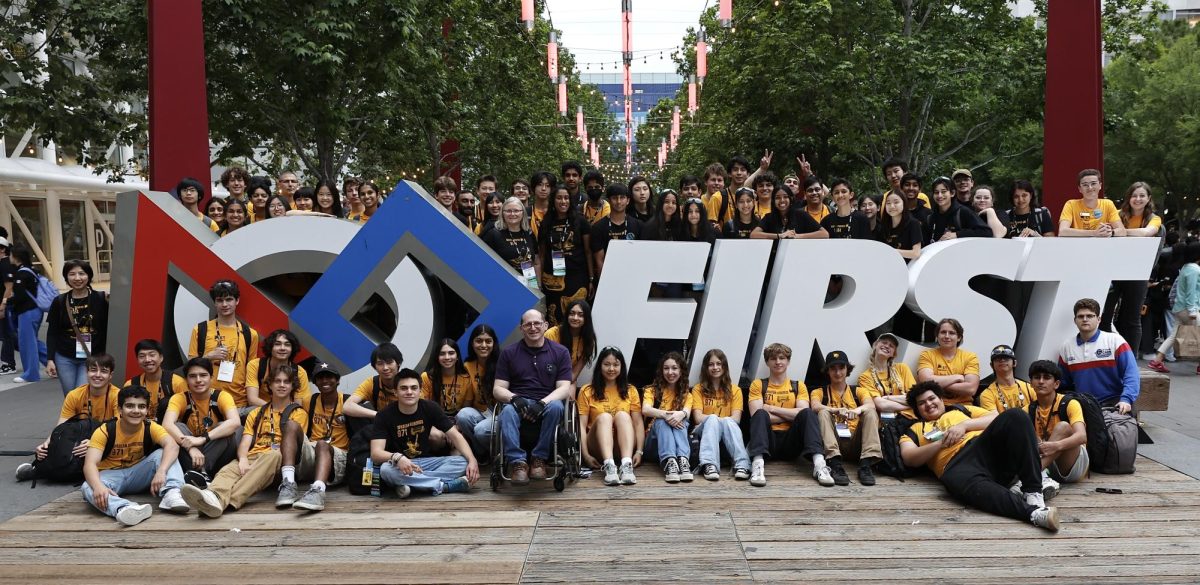
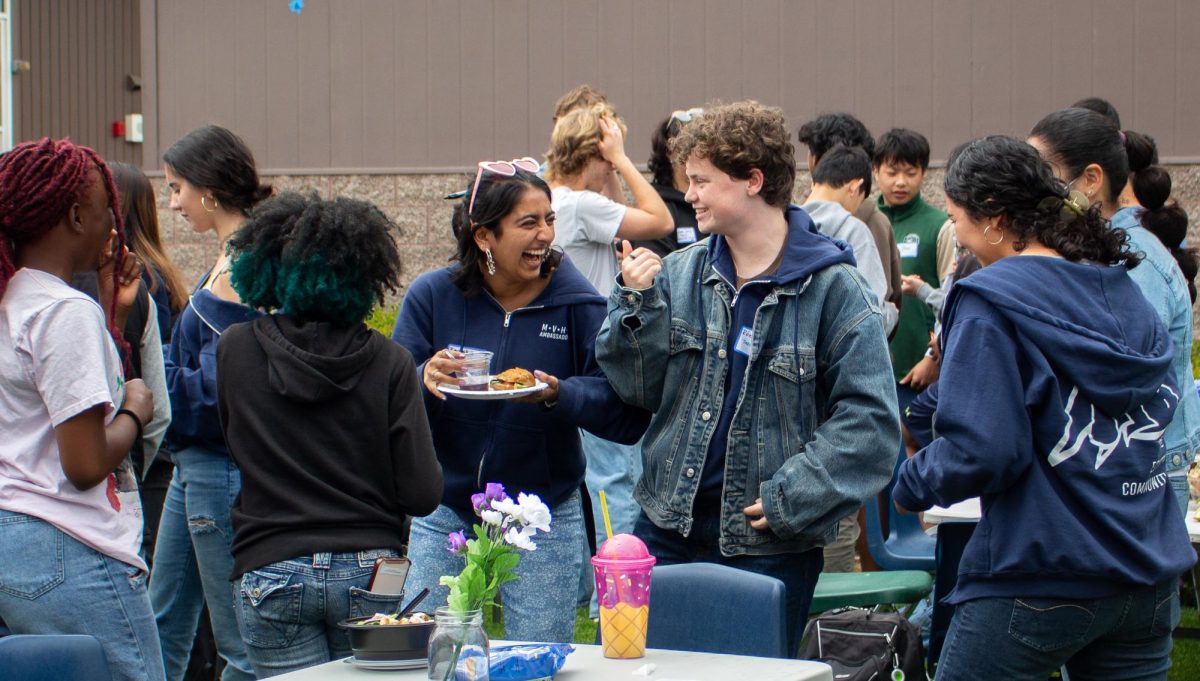
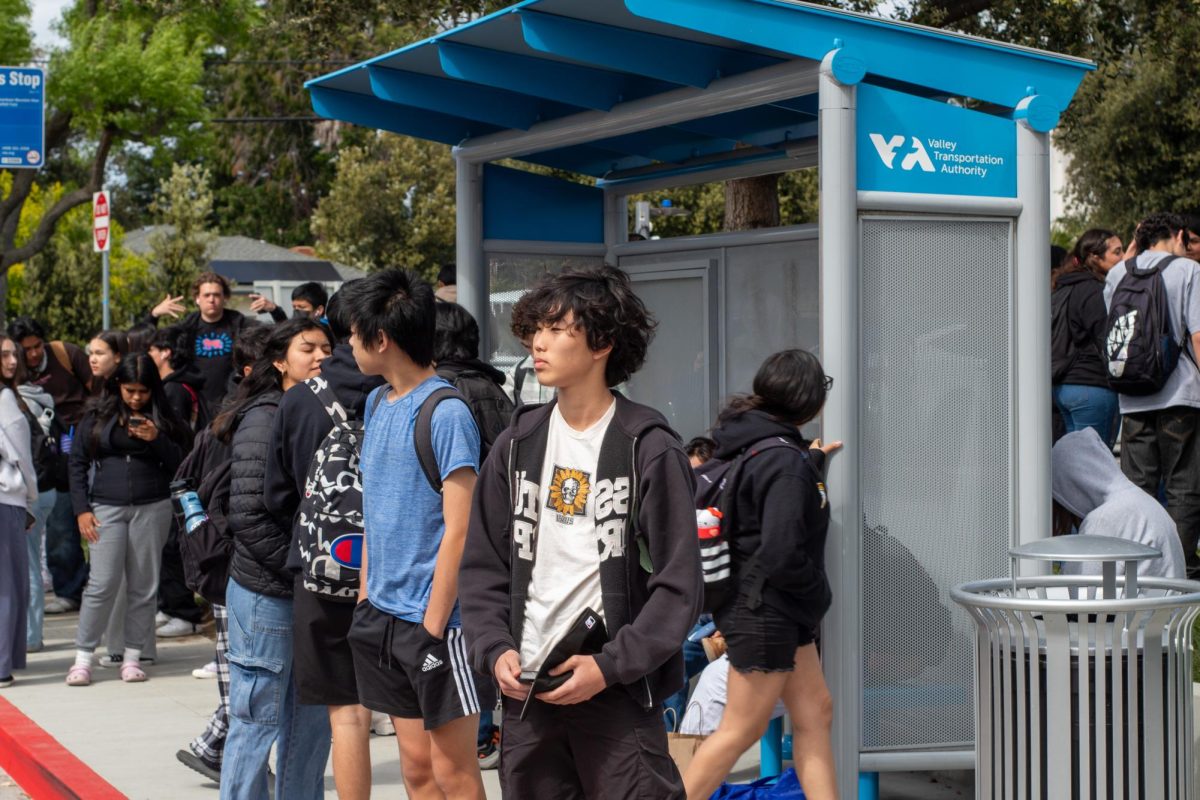
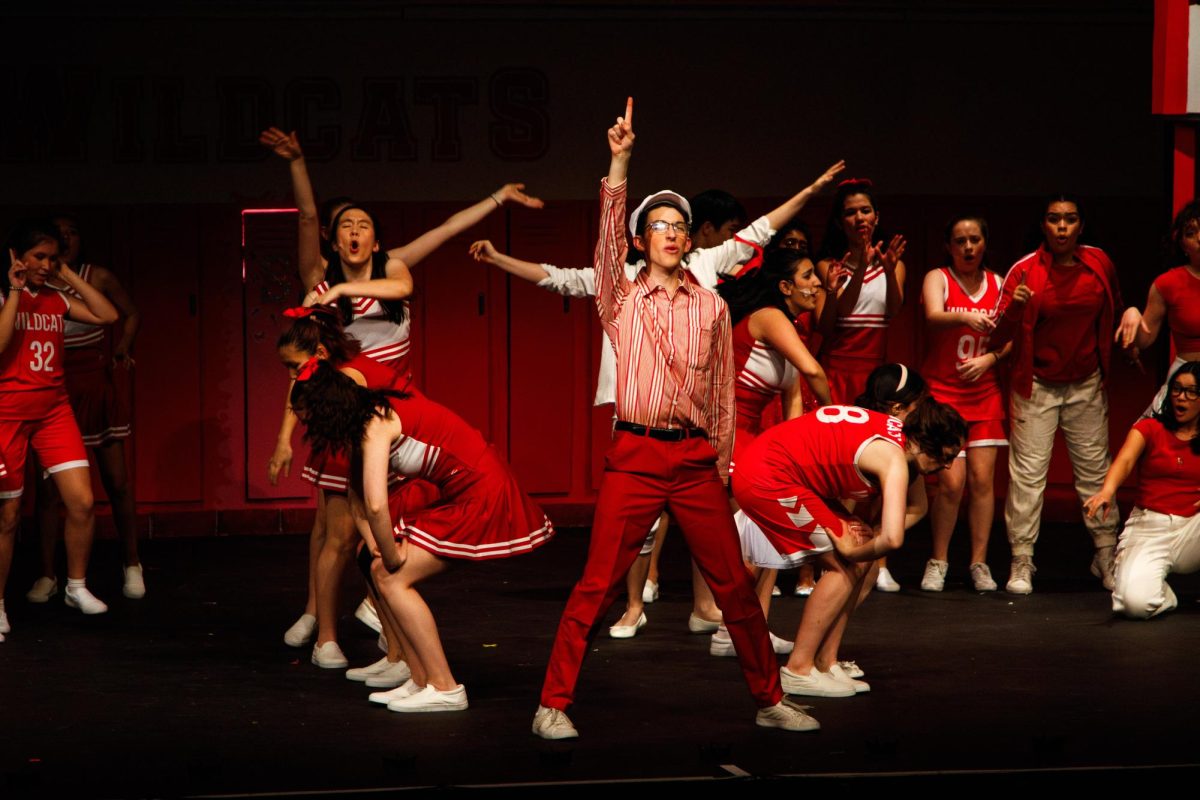
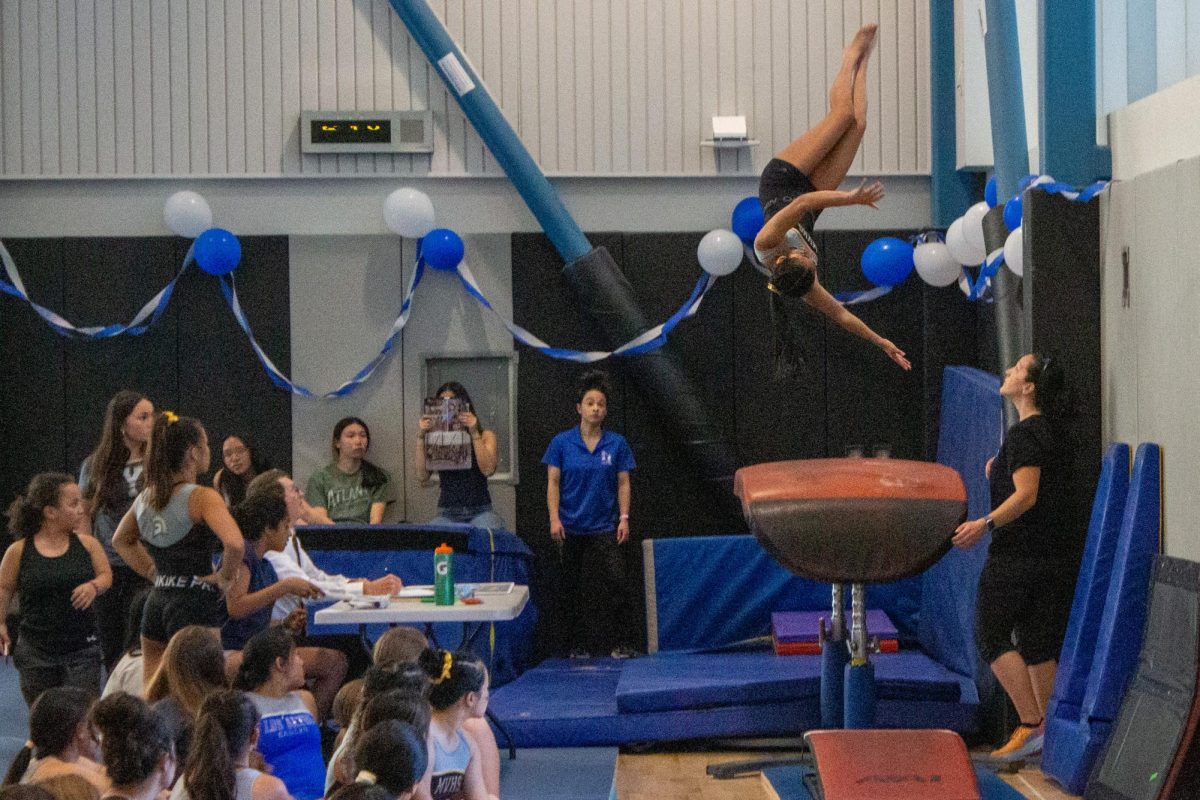
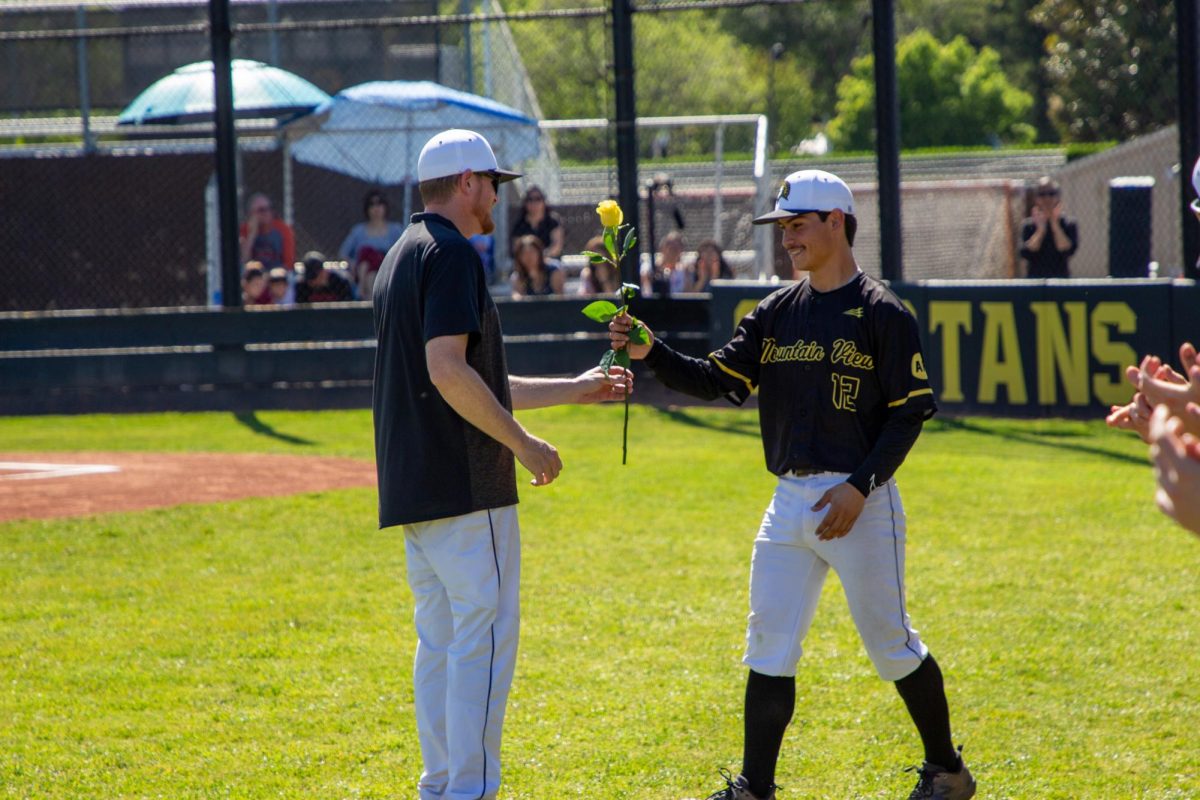
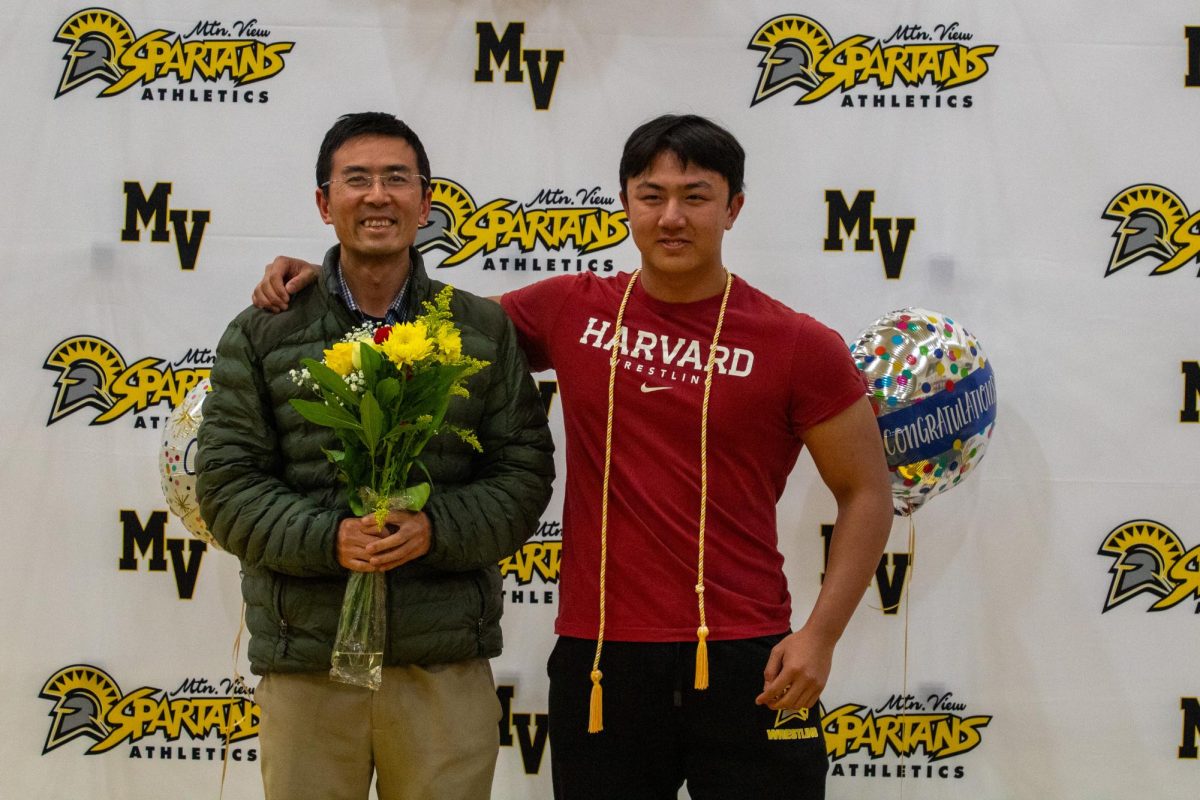
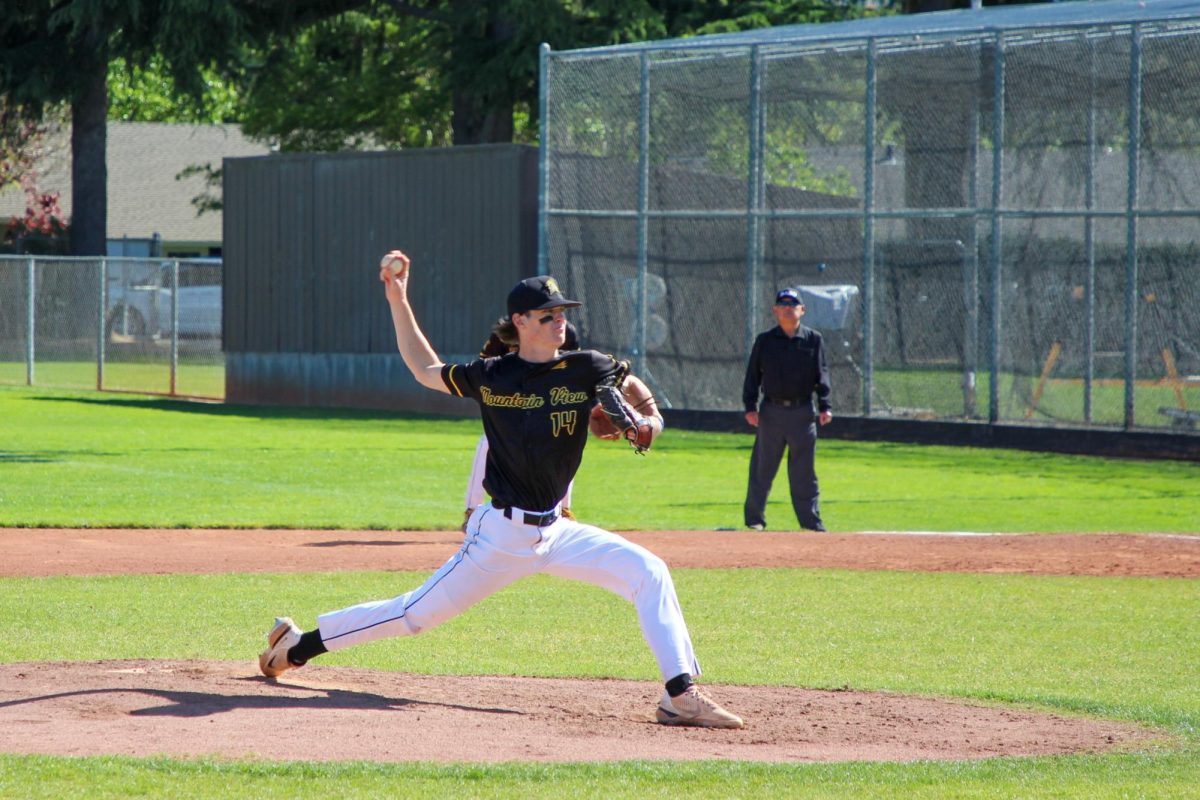
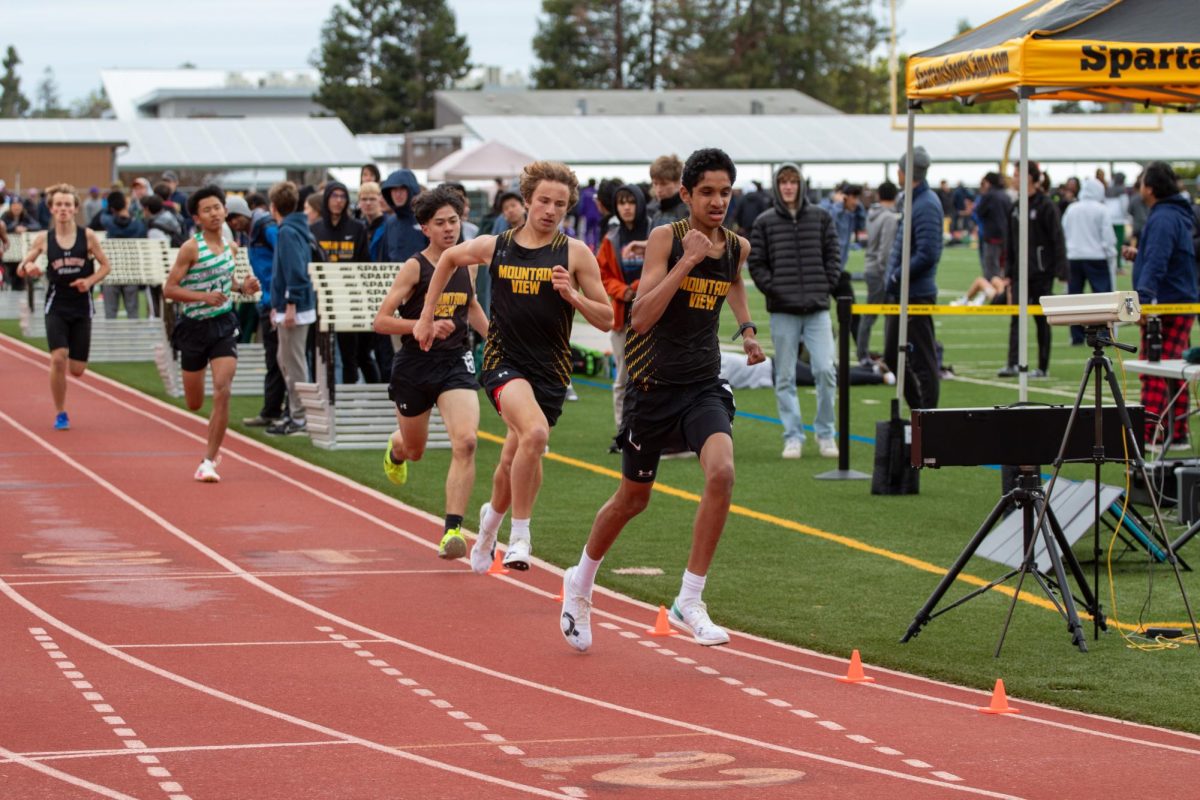

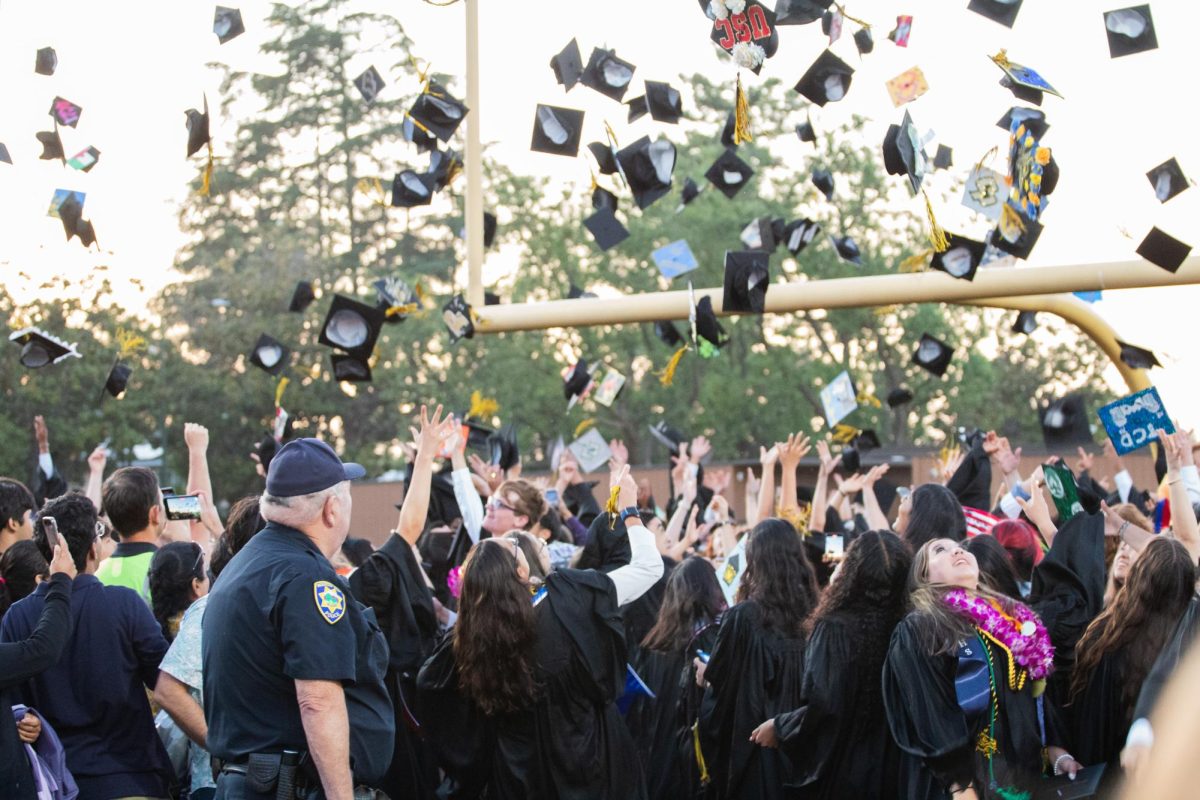
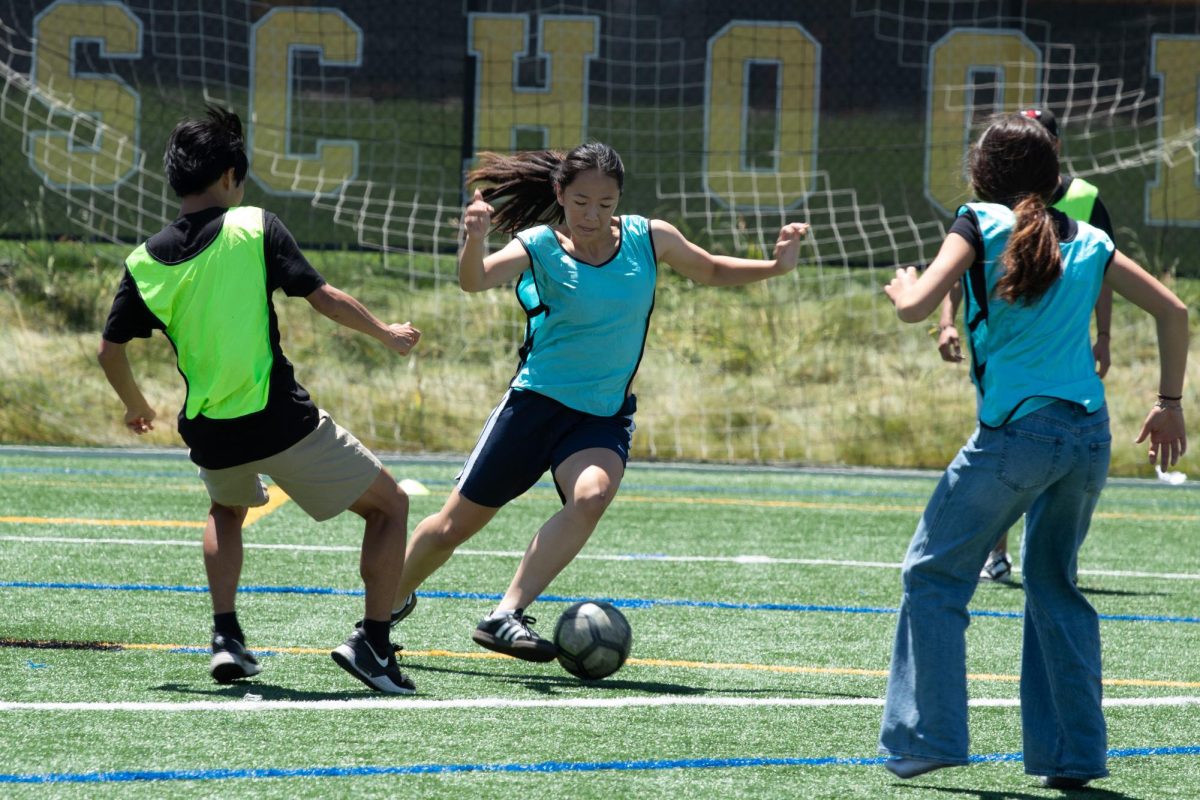




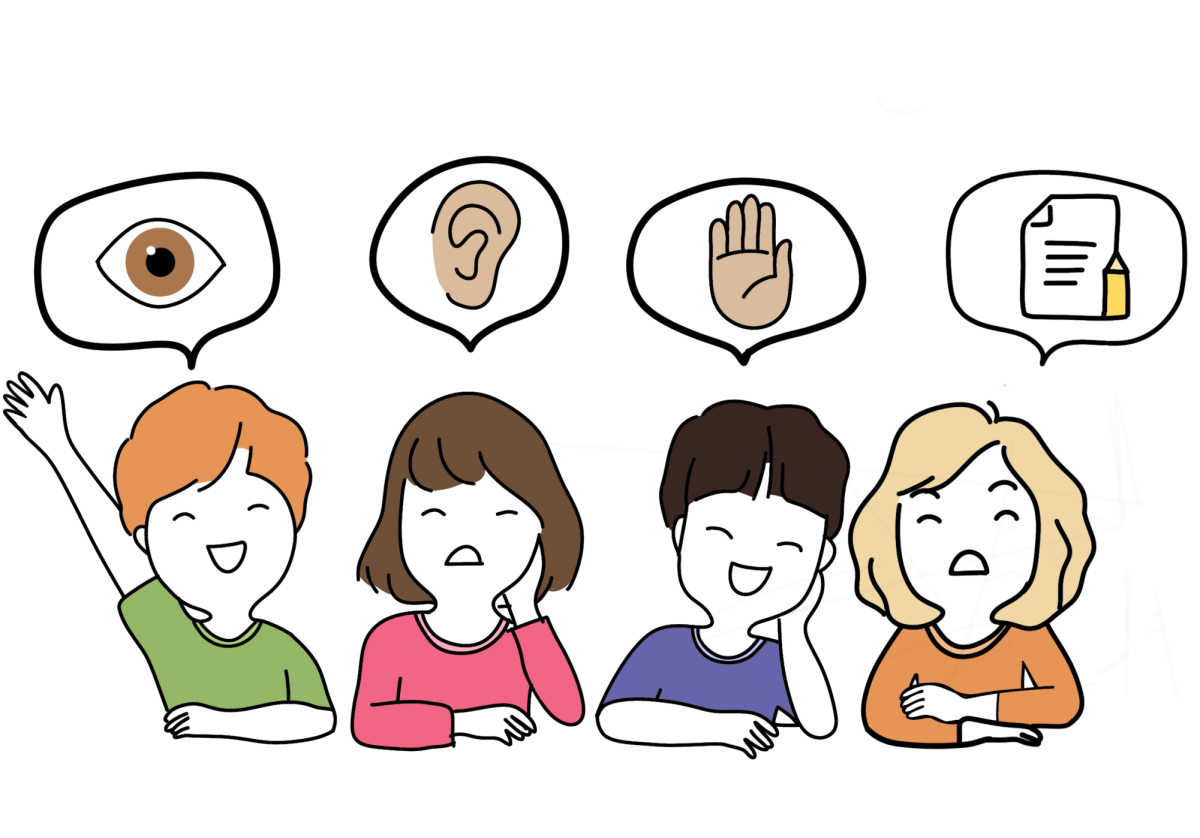



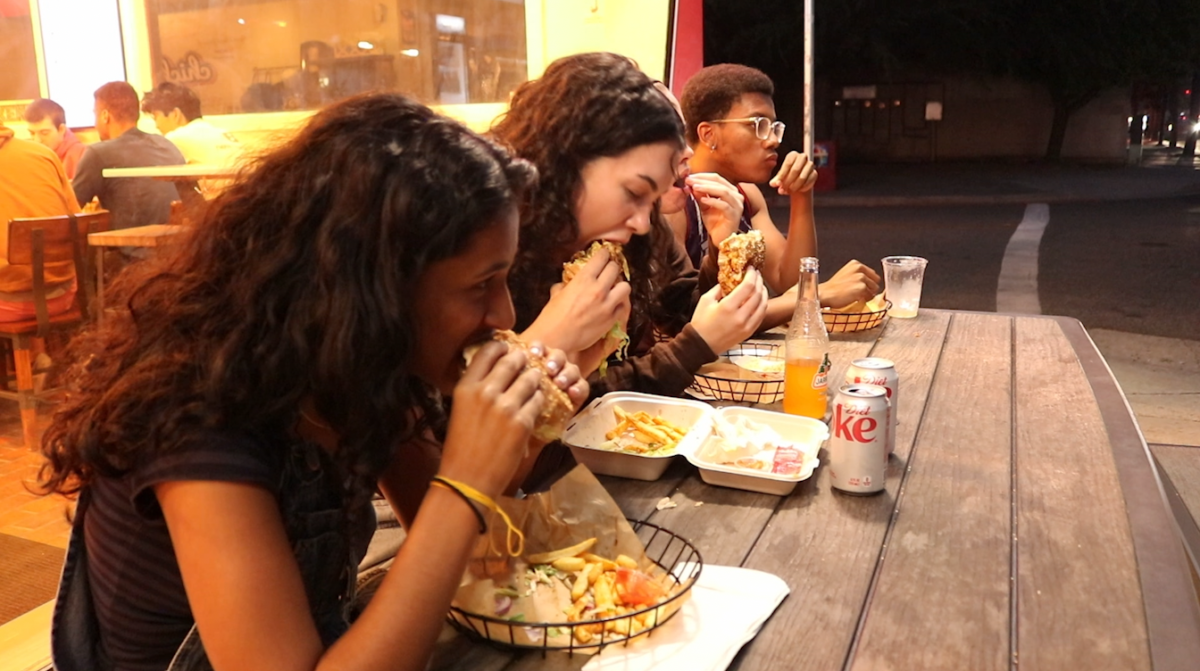
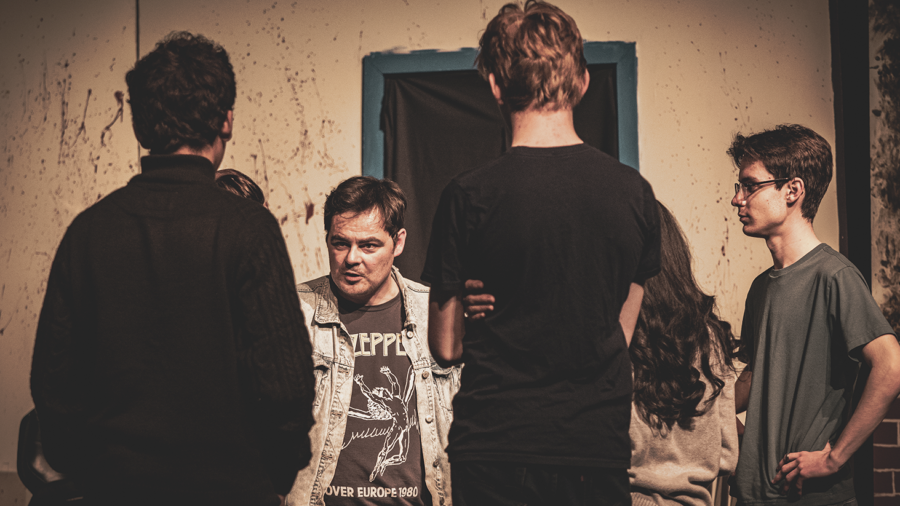
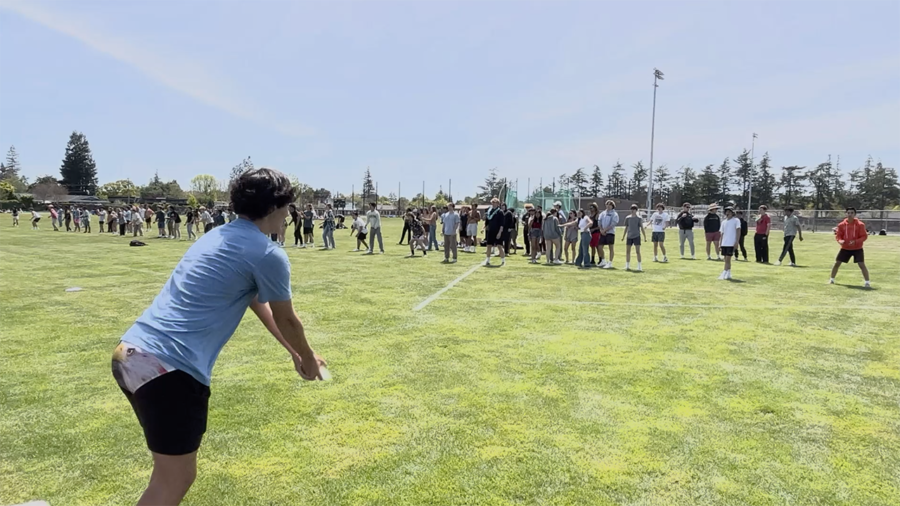


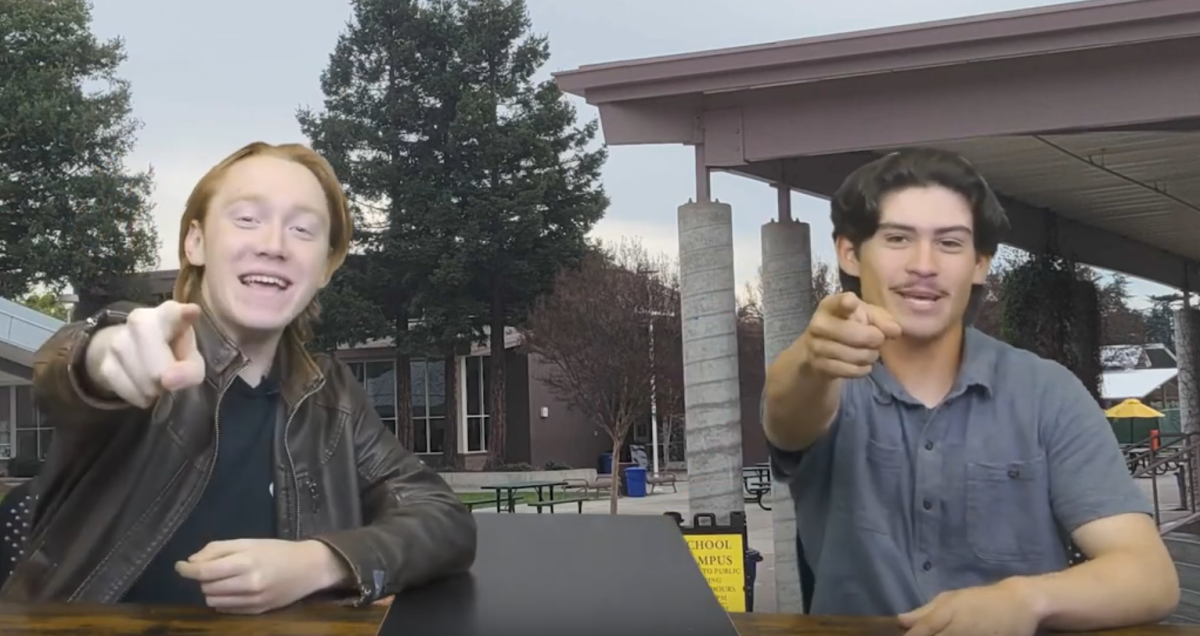


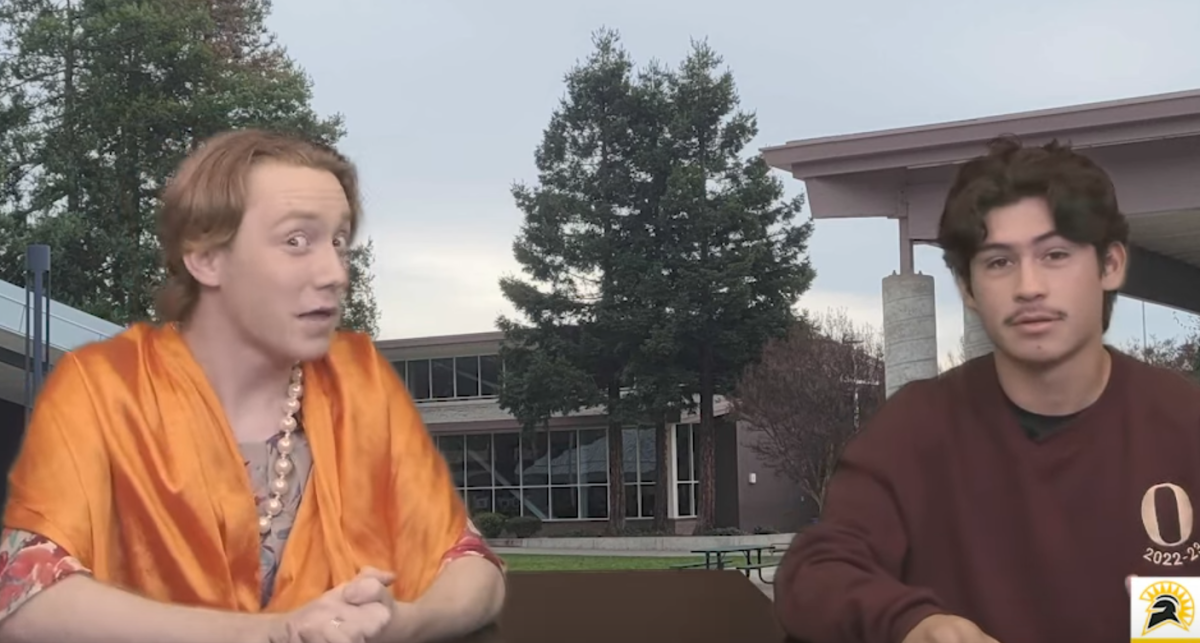



Joel • Feb 11, 2017 at 10:28 pm
“I think education is the key,” Salim said. “Right now, not many people know that the issue is as big as it is, and everyone likes to believe that it doesn’t happen here, it doesn’t happen close to here, it doesn’t happen at my school, in my house, whatever. But it does happen, everywhere.”
At the Stop Sexual Assault in Schools website (ssais.org/video there’s a free online video “Sexual Harassment: Not in Our School!” It’s an awesome resource for educating HS students about this issue.